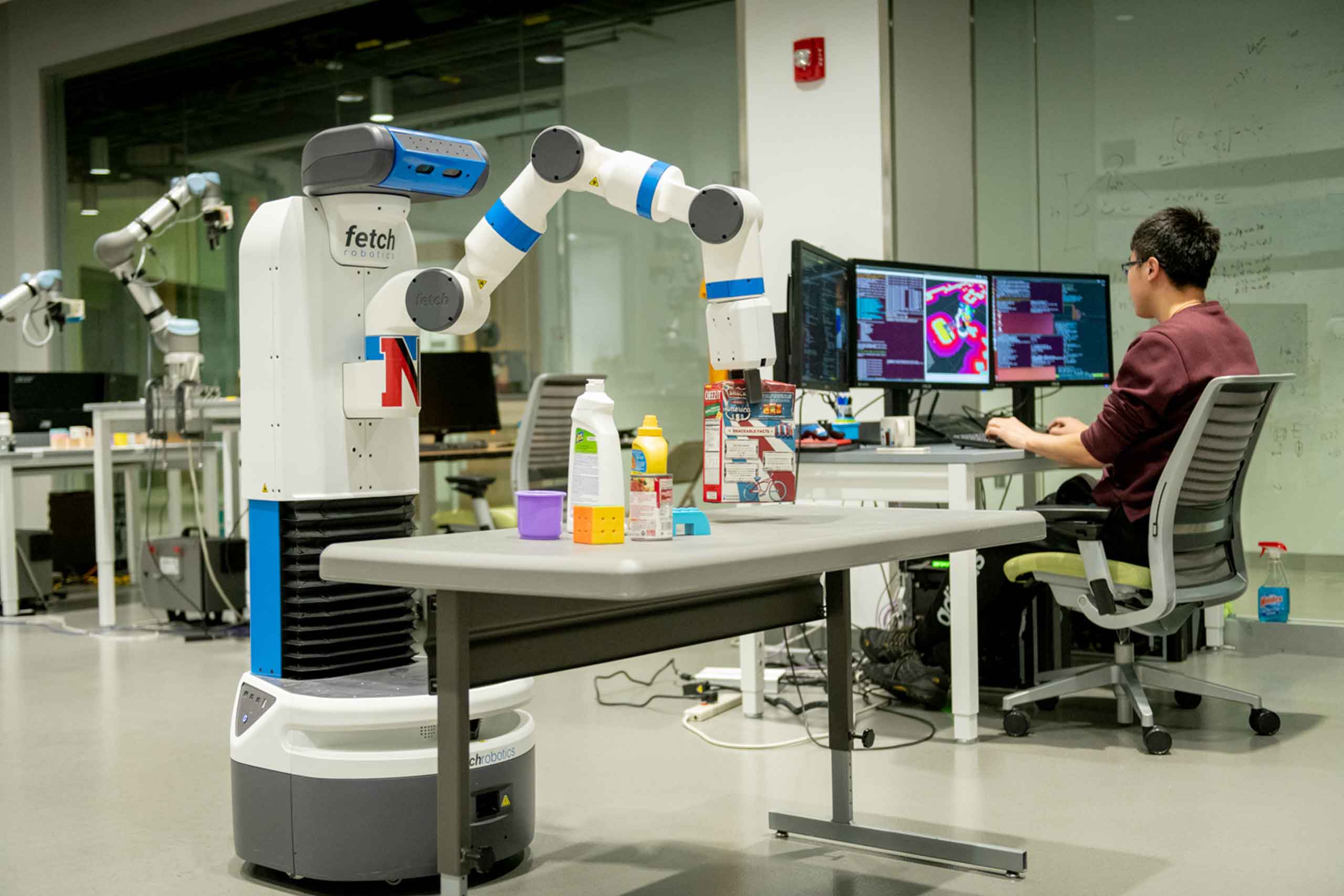
Rundong Li





Rundong Li is a PhD student studying data mining and database at Northeastern University’s Khoury College of Computer Sciences, advised by Professor Mirek Riedewald. His studies specifically include big data analysis and parallel data processing.
Rundong received his undergraduate and master’s degrees in computer science from Peking University. He also has a Bachelor of Science (double degree) in Mathematics.
I finished taking courses, but I am working as a teaching assistant and/or research assistant, attending research meetings with my advisors and other professors and students, and attending seminars.
I’m interested in efficient parallelization of large data processing tasks, which is one of the research paths that I had in mind before I started pursuing a PhD degree.
I’d like to explore different ways of partitioning and distributing input data to accommodate given computation tasks in a shared-nothing architecture such as MapReduce frameworks.
What is most interesting is the knowledge hidden in the “big data” and the certain ways to extract useful information from this data is fascinating to me. By distributing data and assigning computing tasks to computation clusters, one can potentially obtain results much faster, and oftentimes there are unexpected challenges preventing one from achieving the optimal efficiency or balance between speed-ups and resource usage.
I’d like to explore more in my research of interest and hopefully put concrete results into practical use.
Rundong Li is a PhD student studying data mining and database at Northeastern University’s Khoury College of Computer Sciences, advised by Professor Mirek Riedewald. His studies specifically include big data analysis and parallel data processing.
Rundong received his undergraduate and master’s degrees in computer science from Peking University. He also has a Bachelor of Science (double degree) in Mathematics.
I finished taking courses, but I am working as a teaching assistant and/or research assistant, attending research meetings with my advisors and other professors and students, and attending seminars.
I’m interested in efficient parallelization of large data processing tasks, which is one of the research paths that I had in mind before I started pursuing a PhD degree.
I’d like to explore different ways of partitioning and distributing input data to accommodate given computation tasks in a shared-nothing architecture such as MapReduce frameworks.
What is most interesting is the knowledge hidden in the “big data” and the certain ways to extract useful information from this data is fascinating to me. By distributing data and assigning computing tasks to computation clusters, one can potentially obtain results much faster, and oftentimes there are unexpected challenges preventing one from achieving the optimal efficiency or balance between speed-ups and resource usage.
I’d like to explore more in my research of interest and hopefully put concrete results into practical use.











